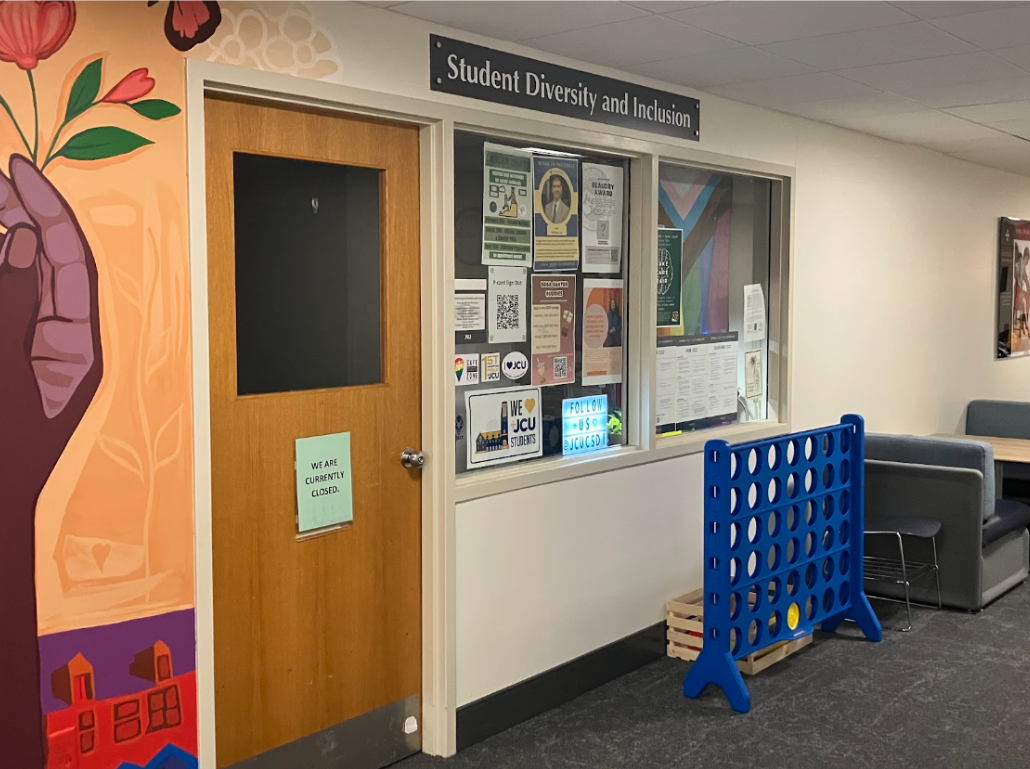Days after the inauguration of President Donald Trump for his second term, he fulfilled his promise to end diversity, equity and inclusion in the federal government, protect equal opportunity and to force schools and universities to get rid of admission policies that are discriminatory toward some students.
According to the White House’s official website, Trump signed an executive order on Jan. 22 that “protects the civil rights of all Americans and expands individual opportunity by terminating radical DEI preferencing in federal contracting and directing federal agencies to relentlessly combat private sector discrimination.”
In response to Trump’s executive order, the Associated Press stated that the Department of Education sent a memo to schools and universities, warning them to “stop using ‘racial preferences’ as a factor in admissions, financial aid, hiring or other areas.” The Trump Administration gave them two weeks to terminate diversity initiatives or else they risk losing federal funding.
Recently, John Carroll University created a diversity, equity, inclusion and belonging minor to enhance inclusivity on campus, promote awareness about various cultural backgrounds and gain knowledge and skills to deal with injustice in everyday life. The program was made just before Trump took office.
“The executive orders signed by the president will not change the nature of the DEIB minor,” said Alison Dachner, director of the program. “Practically, morally, ethically and legally speaking, diversity will exist in the workplace and inclusion is essential for individual and organizational well-being.”
Dachner continued, “While the values and objectives of the minor will not change and are aligned with our Jesuit mission, at some point we may need to adjust certain language and program activities to ensure compliance with applicable state and federal directives.”
Dachner told The Carroll News that it is important to have a general understanding of certain things when it comes to talking about diversity, equity and inclusion.
“The executive orders signed by the president and subsequent reactions of support highlight the need for more education in these areas that allow people to find shared meaning and common ground,” said Dachner. “For instance, the population and workforce are becoming more diverse, whether people like it or not. It’s a reality. Structural inequities exist because of disparities in access to resources and opportunities, recognizing one’s privilege does not insinuate wrongdoing or necessitate feeling guilt or shame.”
Dacher continued, “We all stereotype and make biased decisions but we can learn to make better informed decisions. DEI efforts do not require employing an unqualified employee. In fact, that could be illegal. Diversity, equity and inclusion initiatives are a strategic way to create equal opportunities for all people and benefit from the known advantages of diverse terms.”
Ayşe Selen Zarrelli is the director of the Center for Student Diversity and Inclusion. When asked if the office or JCU in general will be impacted by Trump’s executive order, Zarrelli said, “This is an area of ongoing dialogue for all of us. We are here to support our students.”




Anon • Feb 24, 2025 at 11:49 am
Grateful that DEIB at my campus won’t be affected by President Trump’s recent actions, at least for now. Sort of a scary trend going on in our country right now. If worst comes to worst, we at John Carroll University will proudly stand with our DEI program.